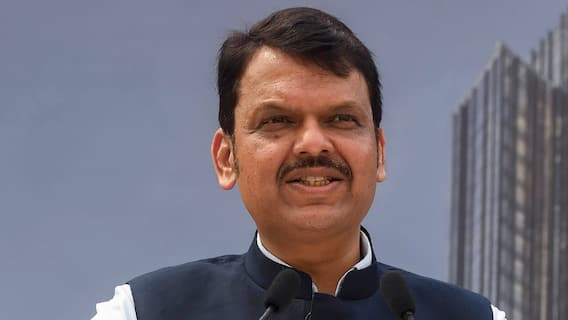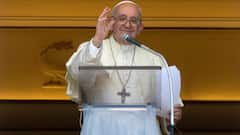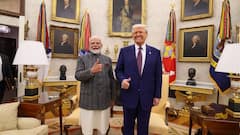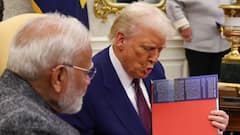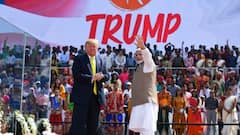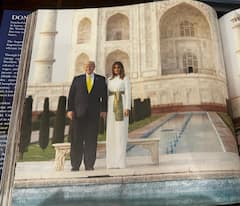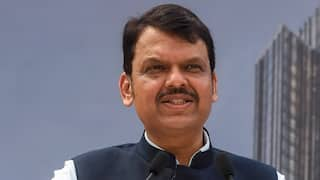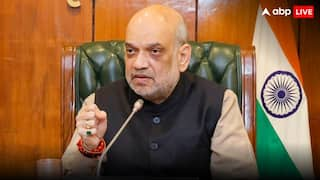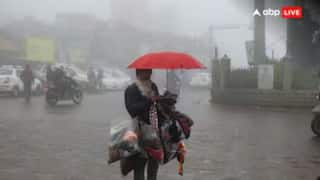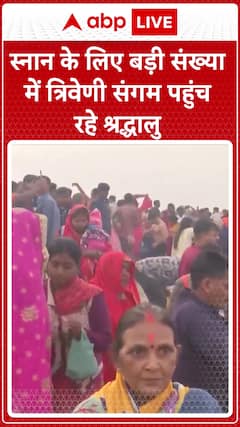‘Overly Lengthy, Repetitive’ Climate Finance Goal Text Shows Slow Progress At COP29
While it includes all the elements everyone wanted, there is growing concern as three days have already passed with little progress.

New Delhi: An overly lengthy 34-page draft on a new climate finance goal emerged on the third day of the UN climate talks in Azerbaijan's Baku on Wednesday, but the text is filled with repetitions and duplications, making it difficult to work with.
While it includes all the elements everyone wanted, there is growing concern as three days have already passed with little progress.
Observers say all negotiating groups have now asked the co-facilitators to condense the document to make it more manageable. The G77 and China group requested the co-chairs to organise the draft text by themes and not add new ideas to it.
There were three options for structuring the climate finance goal in the draft framework prepared in October by the co-chairs of the Ad Hoc Work Programme on the New Collective Quantified Goal (NCQG). The new draft now presents 13 sub-options too.
The new finance text is expected to include the same options for the goal as the previous two drafts. One of the options is a specific dollar amount, with money from governments and private finance raised with its help. Another option combines a funding goal with a broader investment goal that includes private and domestic finance.
The new draft also suggests that countries should stop using climate finance to support fossil fuels or "emission-intensive" projects.
Sandra Guzman Luna, founder of the Climate Finance Group for Latin America and the Caribbean, said there is much work ahead to simplify the text. However, perhaps the most important thing is ensuring that everyone feels included and sees themselves in the text, which helps start a meaningful discussion.
"It is important to note that the proposals from the countries are quite opposite in perspective. The critical work in the coming days will be finding ways to approach these differing viewpoints and begin building convergences. Hopefully, this is what we will see," she said.
Joe Thwaites, Senior Advocate for International Climate Finance at the Natural Resources Defense Council, said the growing anxiety comes from the fact that it is already Wednesday, with just three more days of the UN climate talks left. The ministers will arrive next week.
After a full day was lost due to an agenda dispute on Monday, discussions on the NCQG or the new climate finance package -- the core issue at this year's talks -- hit a wall on Tuesday, with the G77 and China rejecting the draft framework of the negotiating text.
At COP29, countries are required to reach an agreement on the NCQG -- the new amount developed nations must mobilise every year starting 2025 to support climate action in developing countries.
At COP15 in 2009, developed countries pledged to mobilise USD 100 billion per year to help developing nations cope with climate change by 2020. However, this target was only met in 2022, with loans accounting for around 70 per cent of the total climate finance provided.
Developing countries have been pushing for an ambitious climate finance package that is publicly funded by developed countries, grant-based, concessional, supports their needs and priorities, and covers mitigation, adaptation and loss and damage from climate impacts.
Estimates indicate that developing and poorer countries will require trillions of dollars in the coming years to adapt to and combat climate change.
Among the Global South negotiators, the Like-Minded Developing Countries (LMDC) group has suggested that USD 1 trillion per year is needed, the Arab Group has called for USD 1.1 trillion, the African Group USD 1.3 trillion, India USD 1 trillion and Pakistan USD 2 trillion.
In contrast, developed nations want the NCQG to be a broad, global investment goal that includes funding from multiple sources, including governments, private companies and investors.
They argue that the global economic landscape has changed significantly since the adoption of the UN Framework Convention on Climate Change in 1992, and that countries that have become wealthier since then, such as China and some Gulf states, should also contribute to the new climate finance goal.
Developing countries view this as an attempt to shift responsibility away from those who have historically benefited from industrialisation and contributed the most to greenhouse-gas emissions.
They argue that expecting them to contribute -- especially when many are still struggling with poverty and inadequate infrastructure amid worsening climate impacts -- undermines the principle of equity.
(This report has been published as part of an auto-generated syndicate wire feed. Apart from the headline, no editing has been done in the copy by ABP Live.)
Trending News
Top Headlines









